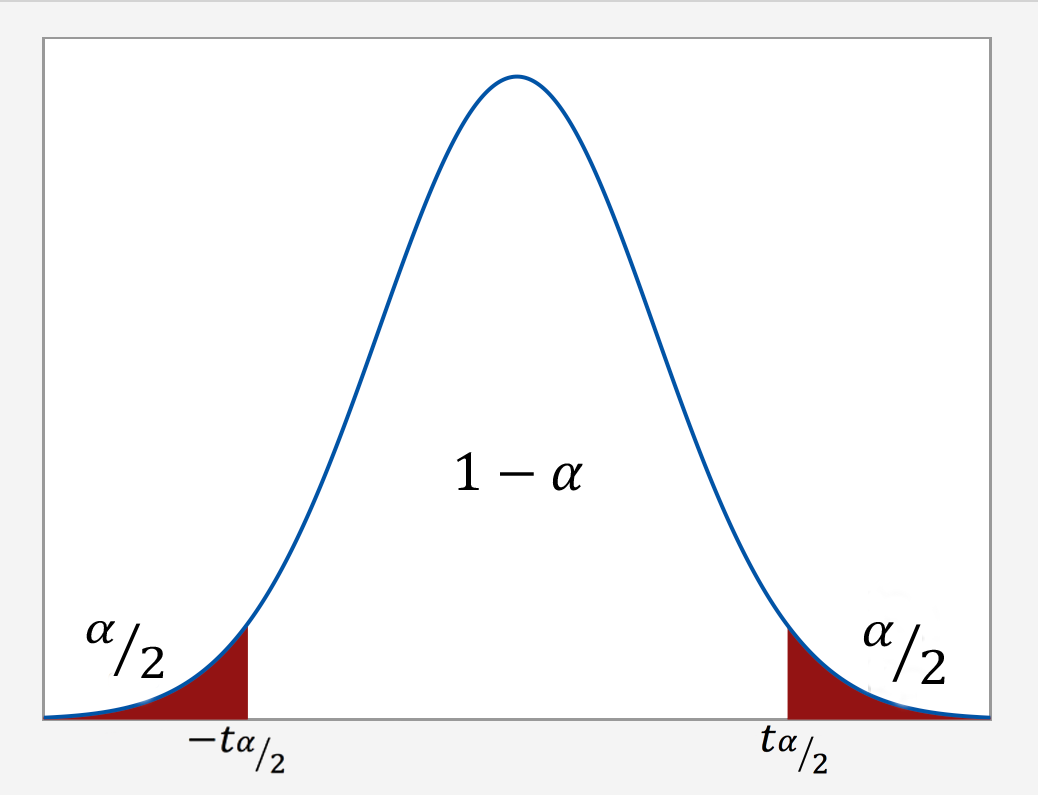

Note: The Paired Samples t Test can only compare the means for two (and only two) related (paired) units on a continuous outcome that is normally distributed.

Statistical difference between a matched pair.Statistical difference between two measurements.Statistical difference between two conditions.Statistical difference between two time points.The Paired Samples t Test is commonly used to test the following: Dependent variable, or test variable (continuous), measured at two different times or for two related conditions or units.The variable used in this test is known as: The Paired Samples t Test is a parametric test. The purpose of the test is to determine whether there is statistical evidence that the mean difference between paired observations is significantly different from zero. Measurements taken from two halves or sides of a subject or experimental unit (e.g., measuring hearing loss in a subject's left and right ears).

A measurement taken under two different conditions (e.g., completing a test under a "control" condition and an "experimental" condition).A measurement taken at two different times (e.g., pre-test and post-test score with an intervention administered between the two time points).These "paired" measurements can represent things like: The Paired Samples t Test compares the means of two measurements taken from the same individual, object, or related units.


 0 kommentar(er)
0 kommentar(er)
